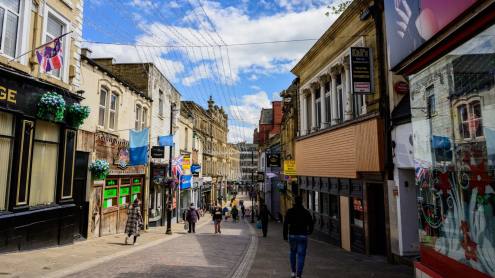This was partly predictable. When Nigeria was created by the British in 1914, it was destined to be fiendishly difficult to govern. With more than 250 ethnic groups, twice as many languages, an acute divide between a mostly Muslim north and a Christian south, and a population (at least today) of 155 million, how could it be anything but?
Editor's choice
Yet the April 2011 elections, seen as Nigeria’s fairest yet, and the subsequent changes to the cabinet, have given Nigerians hope that their leaders will finally drive through the reforms needed to modernise their country.
One reason for this optimism is the quality of those now in charge of the economy and finances. Ngozi Okonjo-Iweala, the new finance minister, and Sanusi Lamido Sanusi, the central bank governor, are proven reformers whose determination to clamp down on mismanagement, diversify Nigeria’s economy from oil and make sure high growth benefits its poorest are not in doubt.
And in Olusegun Aganga, the new trade and investment minister, and Arunma Oteh, head of the securities and exchange commission, Nigeria has officials with the intellectual clout and savvy needed to attract investment – from foreigners and locals – and clean up financial markets.
Nigeria has perhaps never had such a competent team at the helm of its economy. It must make sure that this unique opportunity is not wasted.











